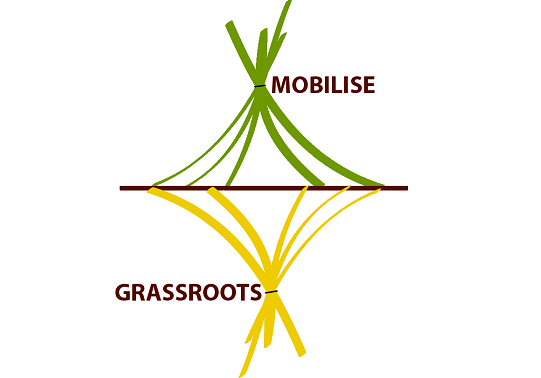Since the early 1990s, Greece’s record at the European Court of Human Rights (ECtHR) over religious freedoms violations has been exceptional. More than simply indicating the challenges Greece has been facing in the treatment of religious diversity and the simultaneous prevalence of the Christian Orthodox Church, these convictions by the ECtHR have exposed a further weakness of the country, namely the consequences of its policies towards the Muslim minority in Western Thrace. In spite of certain limited attempts, the seclusion and even neglect of this minority of about 120,000 people (consisting of Ethnic Turks, Pomaks and Roma), who have remained in the region following the forced exchange of population and the signing between Greece and Turkey of the Treaty of Lausanne in 1923, has long formed a topic of academic and political discussion (Anagnostou & Triandafyllidou 2009, Tsitselikis 2012). In the light of recurrent debates in Greece over the minority’s identity and the implications of its continued segregation, as well as the tensions following Turkish prime minister’s statements that question the premises of the Treaty of Lausanne, the ECtHR has increasingly represented the venue that minority members themselves turn to in order to claim their rights (see Serif v Greece, Agga v Greece, Xanthi Turkish Union and Others v Greece, including a current case over the application of sharia law and the rights of inheritance for the Muslim minority women). This paper uses socio-legal and mobilization theories and seeks to contribute to an emerging scholarship on the “radiating effects” (Galanter 1983) of Court’s decisions in a European context. The original findings draw on semi-structured interviews with the key actors involved in the interaction between the Greek state, the Muslim minority and the ECtHR. By focusing specifically on national policies towards the minority of Western Thrace, the paper thus argues that one of the key “radiating effects” of the ECtHR has been the creation of a venue where Greco-Turkish relations are tested and where long-established historic conventions are currently being challenged, once again, within the context of religion.
Download: Markoviti – GRM Working Paper 2017



